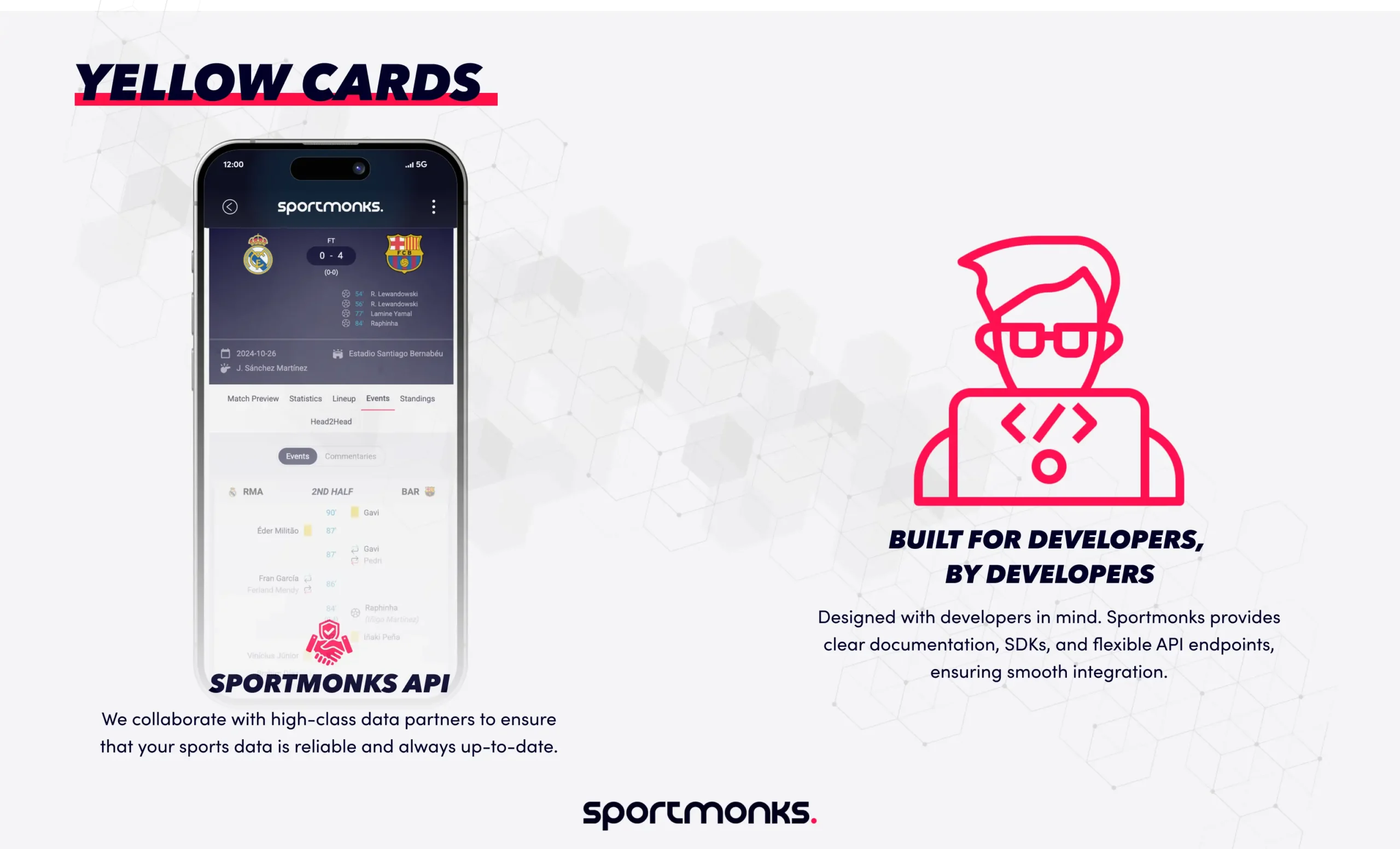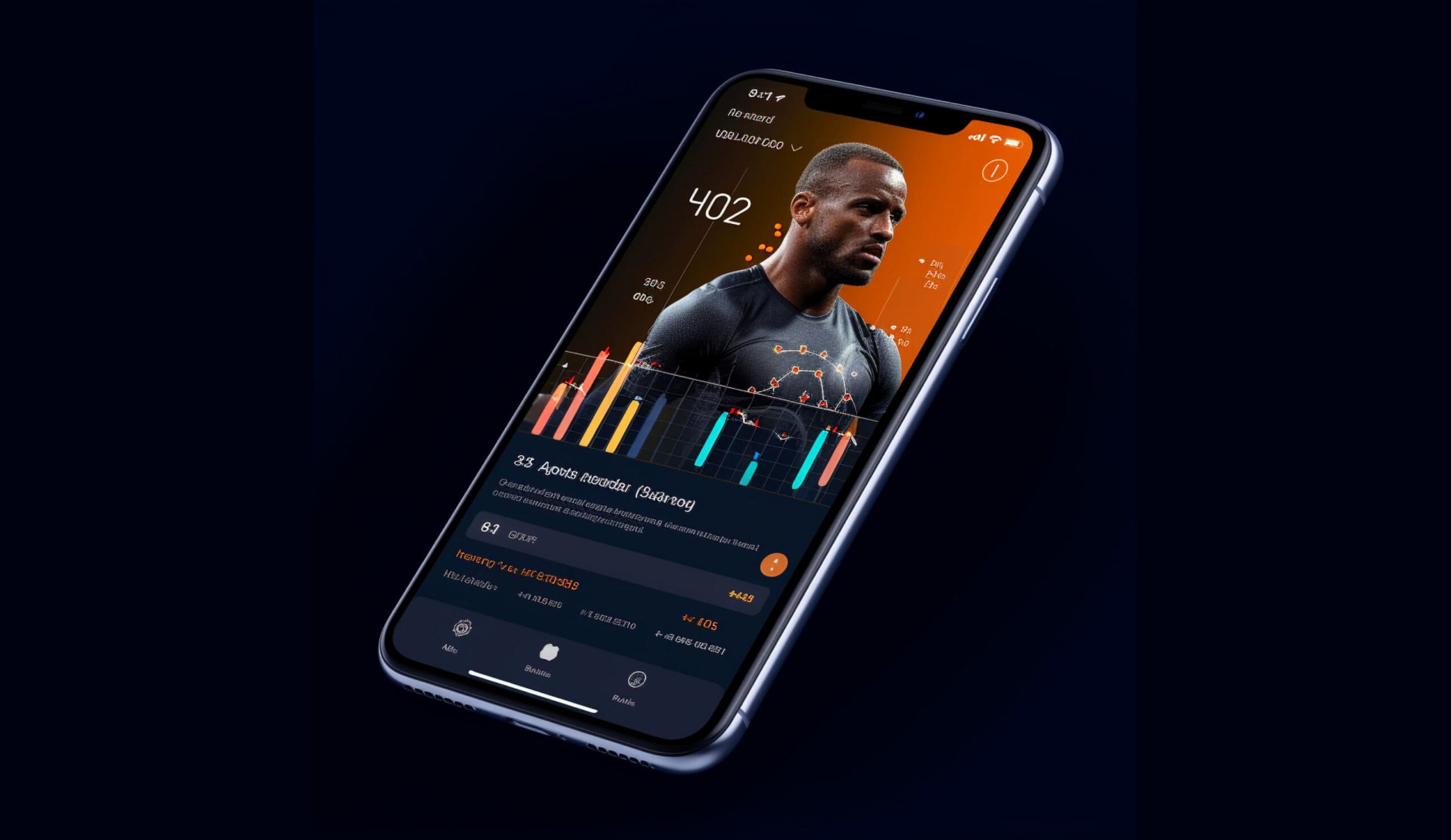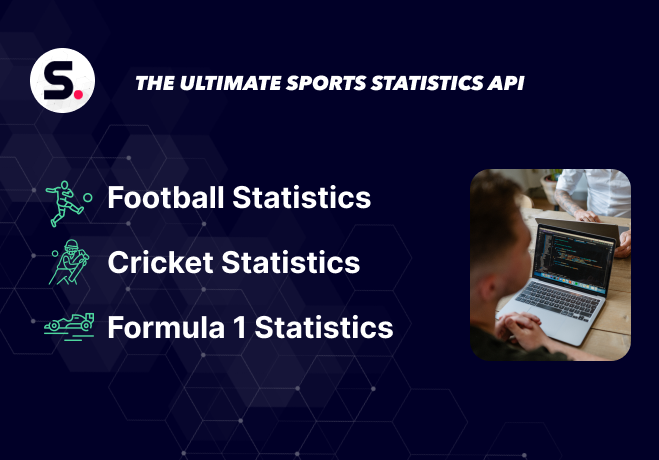
Contents
Cautionable offences (the core list)
A player is cautioned if guilty of any of the following.
– Delaying the restart of play: Kicking the ball away or taking a free kick from the wrong spot to force a retake.
– Dissent by word or action: Arguing, sarcastic clapping, or similar behaviour toward officials.
– Entering, re-entering or deliberately leaving the field without the referee’s permission: Covers unauthorised exits or returns during play.
– Failing to respect the required distance at restarts: Not retreating for a dropped ball, free kick, corner or throw-in.
– Persistent offences: Repeated infringements; there is no fixed number that defines “persistent”.
– Unsporting behaviour: A category with specific sub-cases listed separately in Law 12.
Administrative cautions linked to VAR mechanics:
– Entering the referee review area (RRA)
– Excessively using the “review” TV-screen signal.
Note: Substitutes and substituted players can be cautioned for a similar set of offences, including the two VAR-related items above.
Unsporting behaviour that mandates a caution
A player is cautioned if guilty of any of the following:
Unsporting behaviour
– Simulation: Feigning injury or pretending to be fouled.
– Changing places with the goalkeeper: During play without the referee’s permission.
– Reckless direct-free-kick offences: Careless is no card, reckless is yellow, excessive force is red.
– Stopping a promising attack: By a foul or handball, except if a penalty is awarded for an attempt to play the ball.
– Denying a goal or obvious goal-scoring opportunity: Where a penalty is awarded for an attempt to play the ball.
– Handling the ball: To try to score or in an unsuccessful attempt to stop a goal
– Making unauthorised marks: On the field
– Playing the ball while leaving the field: After being given permission to go off.
– Showing a lack of respect: For the game.
– Using a deliberate trick: To circumvent the back-pass Law.
– Verbally distracting an opponent: During play or at a restart.
Goal celebrations
– Climbing perimeter fencing: Or approaching spectators in a way that creates safety issues.
– Covering the head or face: With a mask or similar item.
– Removing the shirt: Or covering the head with the shirt.
Other offences
– Delaying the restart of play: Kicking the ball away or taking a free kick from the wrong spot.
– Dissent: Arguing, sarcastic clapping, or similar behaviour toward officials
– Entering, re-entering or deliberately leaving the field: Without the referee’s permission.
– Failing to respect the required distance: At restarts.
– Persistent offences: Repeated infringements.
– Administrative cautions: Entering the referee review area (RRA) or excessively using the “review” TV-screen signal.
Mechanics: When the card is actually shown
– Once the referee decides to caution or send off, play should not restart until the card is shown. The only exception is if the non-offending team takes a quick free kick, a clear goal chance results, and the referee has not started the card procedure.
– If the referee applies advantage on a yellow-card offence, the card is shown when the ball next goes out of play. If advantage is played on a DOGSO offence, the player is cautioned at the next stoppage. If advantage is played on stopping a promising attack, no caution is shown.
– Advantage should not be used for serious foul play, violent conduct or a second cautionable offence unless there is a clear opportunity to score.
– After play has restarted, going back to issue disciplinary sanctions is tightly limited in Law 5. Reviews after a restart are only for mistaken identity or potential sending-off for violent conduct, spitting, biting or extremely offensive, insulting or abusive actions.
– Practical tip for free kicks. If the attacking team wants a quick free kick before the referee has started the caution procedure, the referee can allow it and show the card at the next stoppage.
Careless vs reckless vs excessive force (why some fouls are yellow)
– Where these terms apply: They classify direct free-kick fouls (charge, jump at, kick, push, strike, tackle/challenge, trip).
– Careless: Lack of attention/consideration or acting without precaution → foul, no card.
– Reckless: Disregard for the danger to, or consequences for, an opponent → yellow card.
– Using excessive force: Exceeds necessary force and/or endangers opponent’s safety → red card (serious foul play if in a challenge).
Second yellow and send-offs
– Two cautions = dismissal. A player, substitute or substituted player who receives a second caution in the same match is sent off.
– Advantage and the second yellow. Referees should not apply advantage for a second cautionable offence unless there is a clear chance to score. If play continues, the send-off is shown at the next stoppage. If the player then plays the ball or challenges an opponent before that stoppage, the referee stops play, sends the player off, and restarts with an indirect free kick.
– What happens to the team? After kick-off, a sent-off player cannot be replaced and the team plays with fewer players. If a player is sent off after being named but before kick-off, they may be replaced by a named substitute; a substitute who is sent off cannot be replaced. These cases do not reduce the team’s permitted number of substitutions.
– Where the dismissed person goes. Anyone sent off must leave the vicinity of the field of play and the technical area.
– VAR note. Second yellow cards are not within VAR’s reviewable categories. VAR covers goal/no goal, penalty/no penalty, direct red cards, and mistaken identity.
– Penalties (shoot-out). A player who has been sent off during the match cannot take part in the penalty shoot-out.
VAR and yellow cards
– What VAR can (and can’t) review. VAR is limited to four categories: goal/no goal, penalty/no penalty, direct red card (not second yellow/caution), and mistaken identity. Ordinary yellow cards and second yellows are not reviewable for judgment, but if the referee cautions the wrong player, VAR may correct the identity.
– Disciplinary knock-ons after a review. Once a review changes the on-field decision (for example, simulation → penalty or vice-versa), the referee may take/change/rescind any related disciplinary action before restarting play.
– Administrative cautions tied to VAR. Entering the referee review area (RRA) or excessively using the TV-signal is a caution for players and team officials; entering the video operation room (VOR) is a sending-off.
– After play restarts. Once play has restarted, a review is only allowed for mistaken identity or a potential sending-off for violent conduct, spitting, biting, or extremely offensive/insulting/abusive action(s). Restart decisions like corners/throw-ins are not reviewable.
– Background checks vs. reviews. VAR will silently check every potential incident in the four categories, but will only recommend a review if there’s a clear and obvious error or a serious missed incident.
Accumulation and suspensions (competition rules differ)
Premier League
– Five yellows by your team’s 19th Premier League match = one-match ban in the Premier League only.
– Ten yellows by your team’s 32nd Premier League match = two-match ban, also Premier League only.
– Fifteen yellows before season end = three-match ban.
– Premier League yellows do not carry into the FA Cup or EFL Cup, each competition keeps its own tally.
UEFA club competitions (UCL, UEL, UECL)
– From the first match in the league phase, suspension after three cautions that did not lead to a red card, then after each subsequent odd-numbered caution (fifth, seventh, ninth, and so on).
– Yellow cards and pending bans are carried forward between rounds, but all cautions expire after the quarter-finals, so they do not carry into the semi-finals.
– In qualifying and play-offs, the same three-card rule applies, with a reduction of one caution after every two rounds, and all cautions are wiped after the play-offs before the league phase begins.
Who else can be cautioned
– Eligible people: besides on-field players, substitutes, substituted players and team officials may be shown a yellow card.
– Substitutes / substituted players — cautionable offences: Delaying the restart; Dissent; Entering/re-entering without permission; Unsporting behaviour; Entering the referee review area (RRA); Excessive TV-signal gesture.
– Team officials — cautionable offences (examples): Persistently failing to stay within the technical area; Delaying their own team’s restart; Non-confrontational entry into the opponents’ technical area; Dissent (e.g., throwing/kicking objects, sarcastic clapping); Entering the RRA; Persistently asking for cards or the TV-signal; Provocative/inflammatory behaviour; Persistent unacceptable behaviour; Lack of respect for the game.
– If the specific offender can’t be identified: the senior team coach present in the technical area receives the sanction.
– Not a caution (for clarity): Entering the video operation room (VOR) is a sending-off offence for players and team officials.
Sportmonks and yellow cards
Sportmonks provides the following through our Football API.
– Real-time events: Get card incidents per fixture with include=events. Event codes are YELLOWCARD, YELLOWREDCARD and REDCARD. you can filter to only cards via filters=eventTypes.
– Statistics you can aggregate: YELLOWCARDS and YELLOWRED_CARDS are standard stat types. Pull them for seasons, teams, players, referees and more, and filter by type in the request.
– Where to surface them: Match and live pages commonly show goals, substitutions and cards; widgets and league widgets can display these events and related stats with minimal setup.
– Useful references: Season and match statistics guides list yellow cards among the built-in metrics you can request.
– Broader coverage: Our Football API which covers over 2,500 leagues include coach and referee stats alongside fixtures, events and live data, so disciplinary data ties cleanly into the rest of your stack.
Track yellow cards in real time with Sportmonks
From cautions to send-offs, Sportmonks’ Football API delivers every disciplinary event as it happens. Whether you’re building a live score platform, running an analytics dashboard, or adding referee and player stats to your app, our data covers over 2,500 leagues with instant updates and historical depth.
Start your free trial today and turn raw card incidents into powerful insights with Sportmonks.



